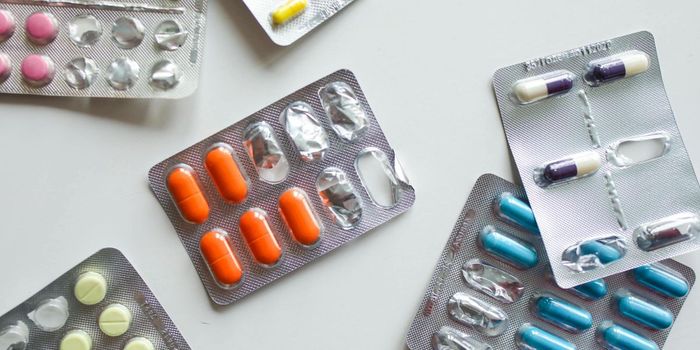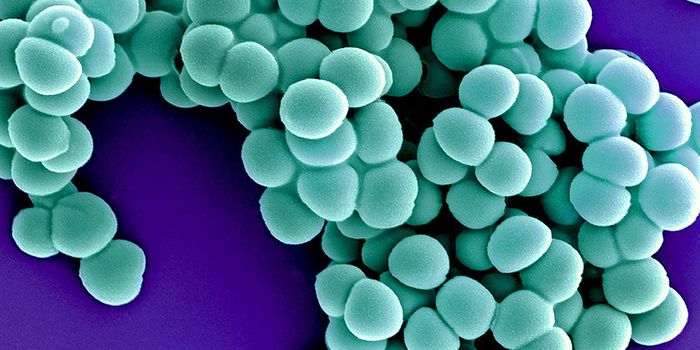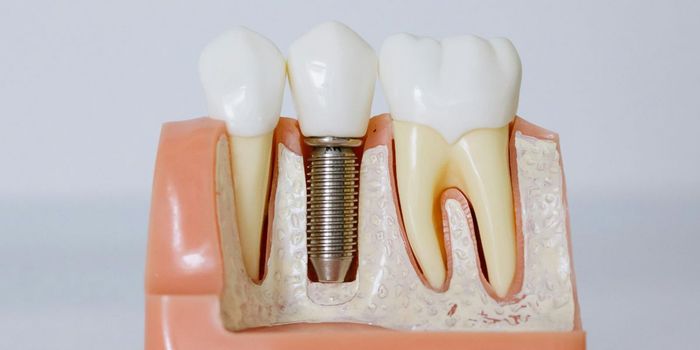A gel that could potentially help lower blood alcohol concentrations
A study published in Nature Nanotechnology introduces an innovative approach to mitigating alcohol intoxication using a single-site iron-anchored amyloid hydrogel (FeSA@AH). This nanozyme-based hydrogel exhibits exceptional properties that efficiently metabolize alcohol in vivo, presenting a significant advancement over traditional alcohol detoxification methods.
FeSA@AH leverages the oxidation capacity of iron ions to accelerate the breakdown of alcohol into acetic acid, reducing blood alcohol levels effectively. This mechanism is advantageous because it minimizes the accumulation of acetaldehyde, a toxic intermediate metabolite associated with liver damage, cirrhosis, and hepatocellular carcinoma. By directing alcohol metabolism towards the gastrointestinal tract instead of the liver, FeSA@AH not only expedites detoxification but also alleviates liver stress, offering a safer and more efficient solution for alcohol intoxication.
In mouse models, the prophylactic administration of FeSA@AH demonstrated significant benefits. When tested on alcohol-treated mice, the FeSA@AH group showed a marked reduction in blood alcohol concentration (BAC) over time. This process did not result in additional acetaldehyde accumulation, safeguarding the liver from potential damage. The mice treated with FeSA@AH also exhibited significantly lower levels of blood alanine aminotransferase (ALT), aspartate aminotransferase (AST), malondialdehyde (MDA), and glutathione (GSH), indicating reduced liver stress and oxidative damage.
Mice treated with the hydrogel displayed improved navigational efficiency compared to their counterparts treated with PBS or AH alone. These mice were able to locate the hidden platform more quickly, demonstrating enhanced spatial reference memory and cognitive recovery. This improvement was attributed to the efficient metabolism of alcohol, which facilitated faster recovery of fundamental activities and reduced the cognitive impairments typically associated with alcohol intoxication.
The long-term prophylactic effects of FeSA@AH were validated using the National Institute on Alcohol Abuse and Alcoholism (NIAAA) model of chronic and binge ethanol feeding. Mice treated with FeSA@AH showed significantly less body weight loss, reduced liver injury, and better-regulated hepatic lipid metabolism compared to those treated with PBS. The hydrogel also led to lower BAC and blood acetaldehyde concentrations, moreso highlighting its effectiveness in long-term alcohol detoxification.
"It's important to remember that moderation or abstinence is always the healthiest approach, however, this gel could be a valuable tool for those who occasionally enjoy alcohol without the unwanted side effects." said Raffaele Mezzenga, PhD., a scientist leading this study, to NDTV
The development of FeSA@AH represents a groundbreaking advancement in the field of alcohol detoxification. "Anything that reduces alcohol detoxification among drivers should be studied very seriously," says Trey Porter, an Austin DWI lawyer who has seen his fair share of drunk driving cases. This study not only highlights the therapeutic potential of FeSA@AH but also opens new avenues for the application of biomimetic nanozymes in various medical treatments.
Sources: Nature Nanotechnology, NDTV








